Benefits of Swimming Lessons for Babies and Toddlers
Everyone should know how to swim. That starts with taking swimming lessons. Luckily, it’s never too late, or too early, to learn, since swimming is...


“I never lose; I either win or I learn.”
-Nelson Mandela
For many moms and dads, “competition" is thought to be a dirty word. They argue, not only does it place too much pressure on kiddos to be the best, but it also causes unnecessary stress leaving them feeling discouraged if they don't win.
So, to shield their kiddos from disappointment, many well-intentioned parents avoid competition for their kiddos altogether.
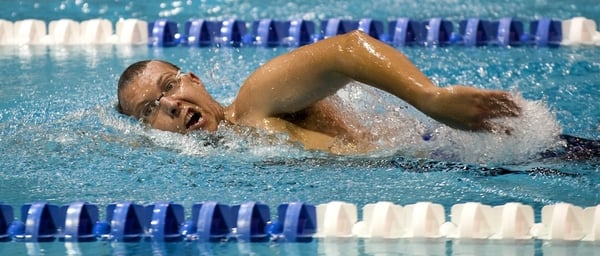
For many other moms and dads, competition is thought to be an unavoidable part of life. They argue that learning to operate in a competitive environment is a valuable skill.
So, to prepare their kiddos for the challenges they will face in adulthood, these parents encourage their kiddos to participate in sports and other competitive activities.
So what is the truth?

Competition can be good for kiddos. Healthy competitive activities help kiddos develop important coping skills that they will use well into adulthood.
Competition teaches kiddos:
Competition can also be bad for kiddos. Unhealthy competitive activities promote negative influences on kiddos that will stick with them into adulthood.
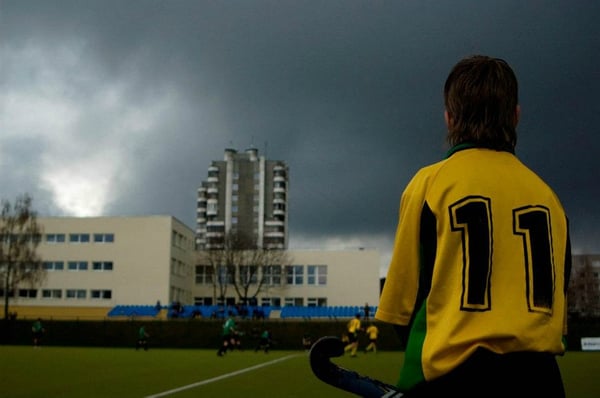
Competition can drive some kiddos:
Competition can be downright ugly for kiddos. The need to win can spawn a willingness to do "whatever it takes." Whether in the pool, on the field, in the classroom, or wherever competition exists; obnoxious, aggressive and even dishonest behavior can exist.
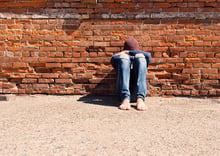
Destructive competitive activities can incite ugly behaviors like:
Competition is not fundamentally good, bad or ugly. However, it can have positive and negative consequences. The responsibility of parents is to help their kiddos participate in healthy competitions and to avoid unhealthy competitions. Identify Healthy and Unhealthy Competitive Activities!
If your kiddos are participating in healthy competition, they will:
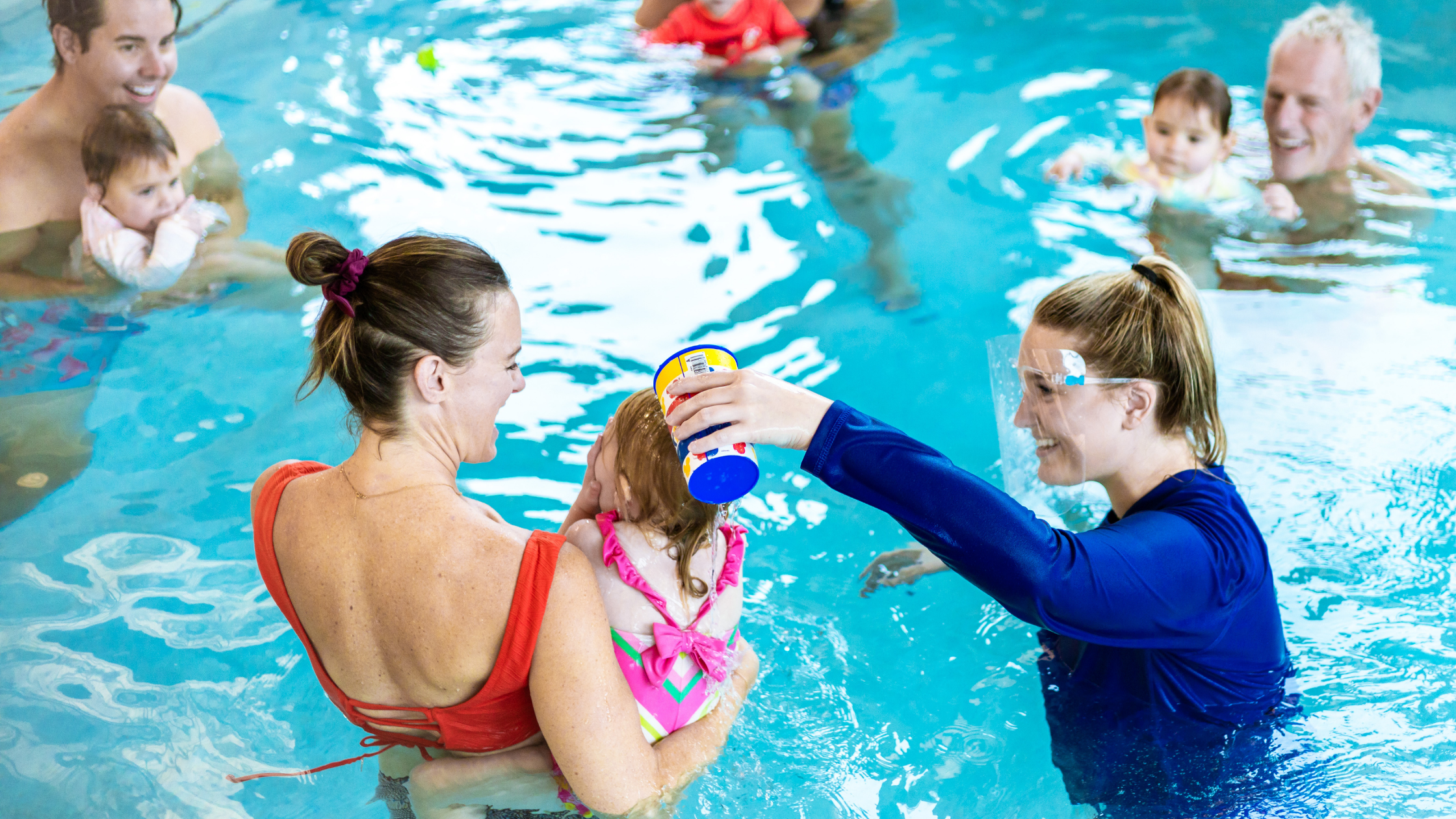
Everyone should know how to swim. That starts with taking swimming lessons. Luckily, it’s never too late, or too early, to learn, since swimming is...
.png)
Parenting can be a challenge. There are the diapers, the fits, and the eye rolls that tire you out after a long day. But raising happy, healthy kids...
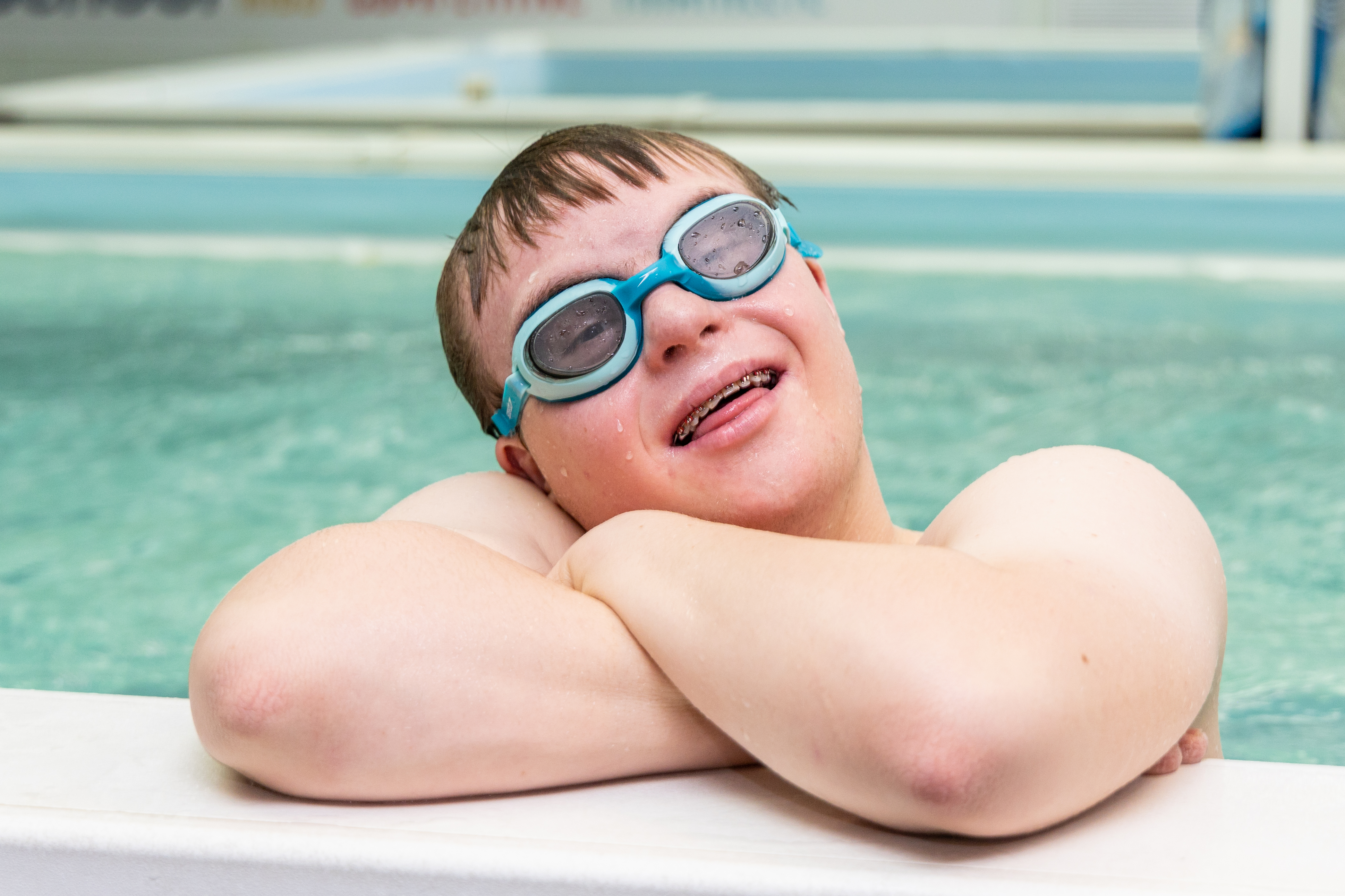
Everyone should learn how to swim. That goes for children AND adults that may require specialized or adapted swim instruction. Swimming doesn’t come...

Visit our Water Safety Blog for expert advice, family tips, and more!